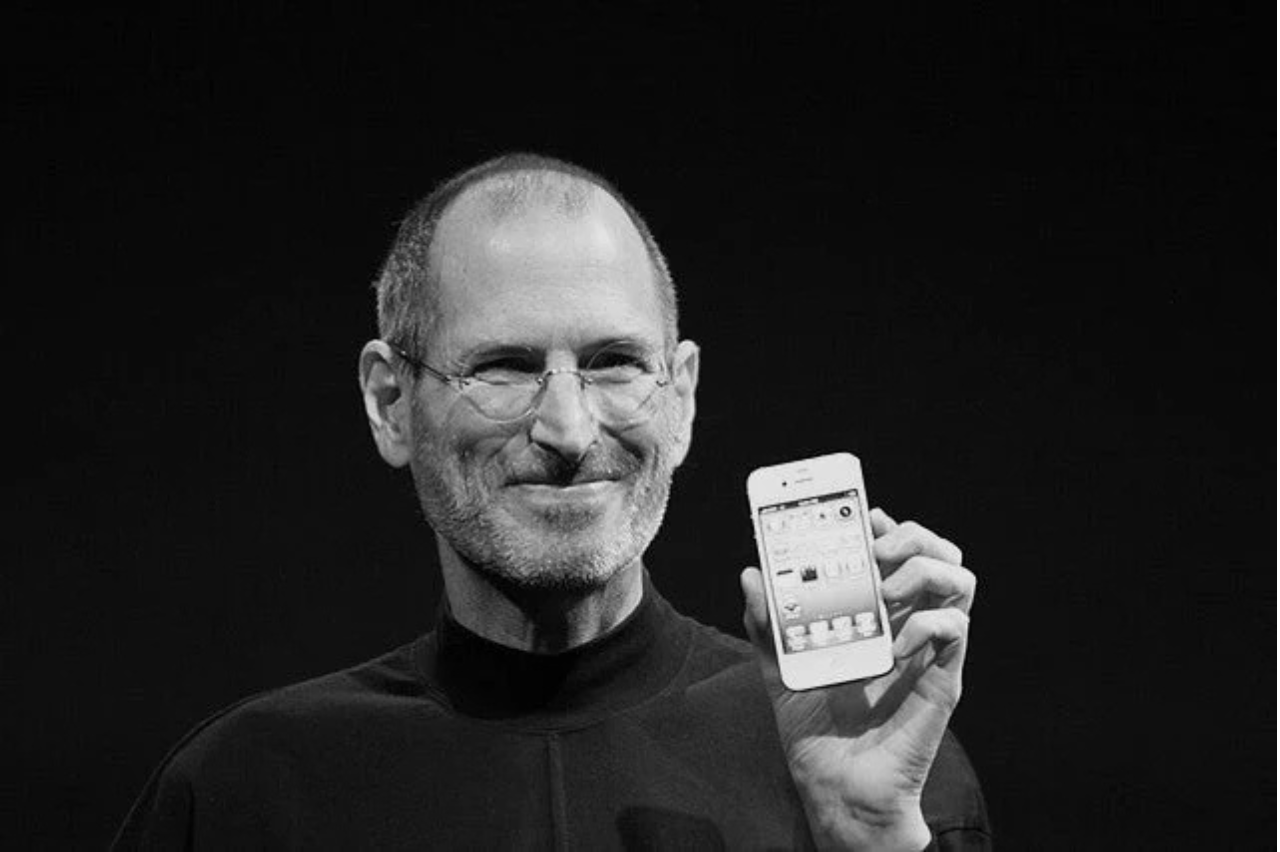Article: Some Key Lessons from Steve Jobs

Some Key Lessons from Steve Jobs
Steve Jobs’ philosophy on elegance, simplicity, and sophistication was rooted in the belief that design should be seamless, intuitive, and meaningful. His insights led to groundbreaking products at Apple that changed the technology landscape and influenced design principles worldwide. Here’s how he understood these concepts, applied them, and the lessons we can draw from his approach in both personal and professional spheres.
Simplicity as the Ultimate Sophistication
- Jobs’ Learning: Jobs famously believed that simplicity was a process of intense refinement, not just the absence of excess. He recognized that achieving true simplicity requires depth of understanding, relentless focus, and an ability to strip away the unnecessary until only the essential remains.
- Incorporation in Apple Products: This is evident in Apple’s product design – from the user-friendly interface of the iPhone to the clean design of the MacBook. Every detail, like the minimalist home screen or the single button on the original iPhone, was intentional and geared toward creating an intuitive, easy-to-use experience.
-
Lesson: In life and business, focus on what truly matters and let go of distractions. In decision-making, ask what can be removed rather than added to achieve clarity. This creates not only a cleaner product or process but also a more focused life and work experience.
Elegance Through Integration
- Jobs’ Learning: Jobs believed in elegance as an integration of form and function. He famously insisted on a seamless blend between hardware and software, ensuring that every element in Apple’s devices felt cohesive and was part of a unified experience.
- Incorporation in Apple Products: Apple’s closed ecosystem – where devices work harmoniously with each other, from the Mac to the iPhone and iPad – illustrates this integration. Even on the inside, Jobs demanded that the unseen parts of Apple products be aesthetically pleasing, reflecting a commitment to elegance in every aspect.
-
Lesson: In both personal and professional life, aim for cohesion and harmony. Whether in building a brand, leading a team, or creating a personal project, ensure all parts work together seamlessly toward a unified vision. Consistency and integration make a stronger impact than isolated efforts.
Sophistication Through Continuous Refinement
- Jobs’ Learning: For Jobs, sophistication came through iteration and perfectionism. He was known for tirelessly refining products until they met his high standards, even if it meant delaying launches or redoing work. Sophistication, to him, meant achieving a high standard through deliberate, painstaking refinement.
- Incorporation in Apple Products: Apple’s design process involved countless revisions, from the colour palette to the typography and proportions. The rounded corners, the precise placement of icons, and the way products feel in users’ hands are a result of this dedication to refinement.
-
Lesson: In our own lives, strive for improvement and avoid settling for mediocrity. In business, prioritize quality over speed. It’s often worth investing more time to refine a project or decision until it truly meets a high standard. Sophistication is a result of small, thoughtful choices over time.
User-Centric Design
- Jobs’ Learning: Jobs believed that the user experience should be effortless and delightful. He wanted products to feel like extensions of the user, with interfaces and designs that felt intuitive and invisible. His empathy for the end-user’s experience shaped how Apple products were designed and marketed.
- Incorporation in Apple Products: From the ease of swiping on an iPhone to the instinctive use of a MacBook’s trackpad, Apple products anticipate user needs and behaviors. This focus on user-centricity created products that feel natural, drawing customers into a relationship with their devices.
-
Lesson: Understand the needs of others, whether they’re clients, team members, or loved ones. In business, focus on creating experiences that prioritize the customer, anticipating their needs and solving their problems before they’re voiced. This builds trust, loyalty, and deeper connections.
The Power of Saying No
- Jobs’ Learning: Jobs famously said, “Innovation is saying no to a thousand things.” He believed that focus was the key to great products and that many opportunities could distract from the main vision. This philosophy allowed Apple to concentrate on a select few products rather than diluting its brand with a wide array of offerings.
- Incorporation in Apple Products: Apple’s limited product line, compared to its competitors, is a result of this discipline. Each product receives dedicated focus and resources, resulting in a few products that are exceptionally designed, rather than many that are average.
- Lesson: In your career or personal life, don’t be afraid to say no. Refine your focus to what truly matters, whether it’s pursuing a specific skill, project, or personal goal. By choosing a few things to excel in, you can achieve far greater success and fulfilment.
Applying Jobs’ Wisdom in Life and Business
- Simplicity and focus create clarity: Let go of clutter, whether physical, mental, or in business. Prioritize what adds value and purpose.
- Integrate values and vision: Ensure that every action, project, or product is a cohesive reflection of your core beliefs.
- Refine and improve constantly: Never settle; keep pushing for excellence in every detail.
- Prioritize people’s experiences: In personal and professional relationships, think about how your choices and actions affect others.
- Stay focused and disciplined: Know when to say no. Every “no” allows more time, energy, and resources to be invested in your “yes.”
Jobs’ legacy serves as a reminder that true success isn’t about doing more – it’s about doing what truly matters and doing it exceptionally well. Whether in personal growth, professional projects, or building a business, we can incorporate his wisdom to create a life and work of purpose, elegance, and impact.



